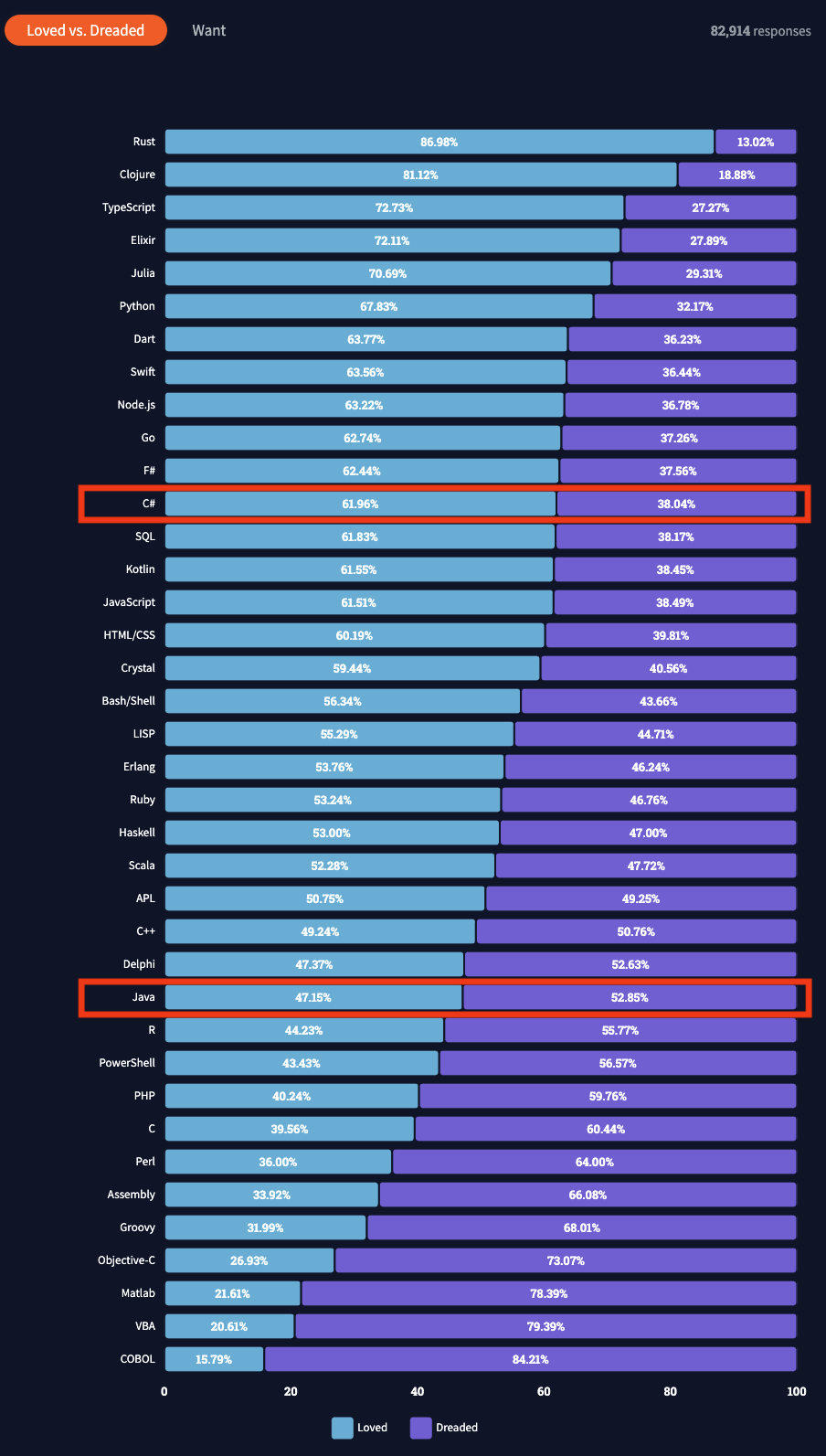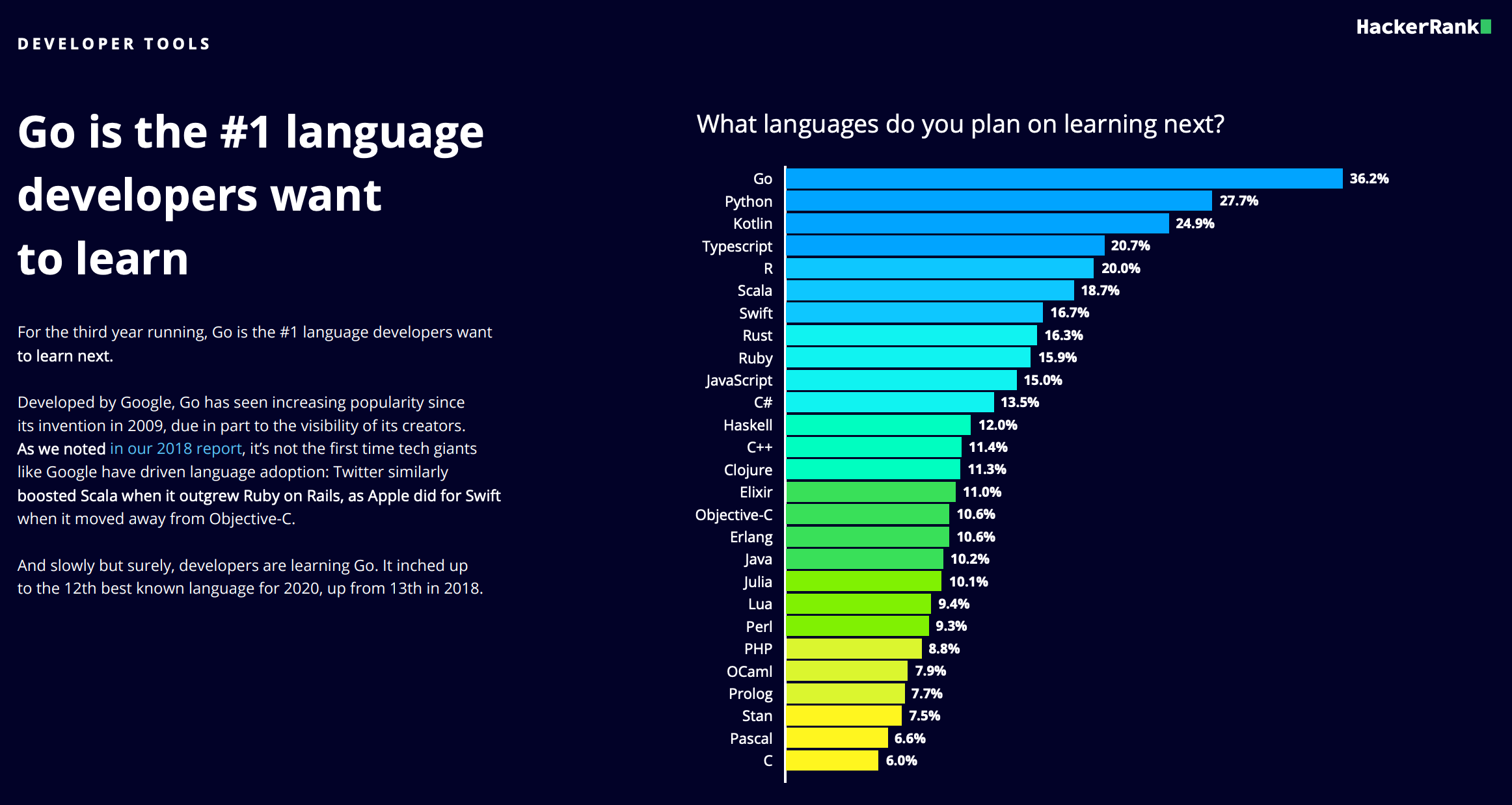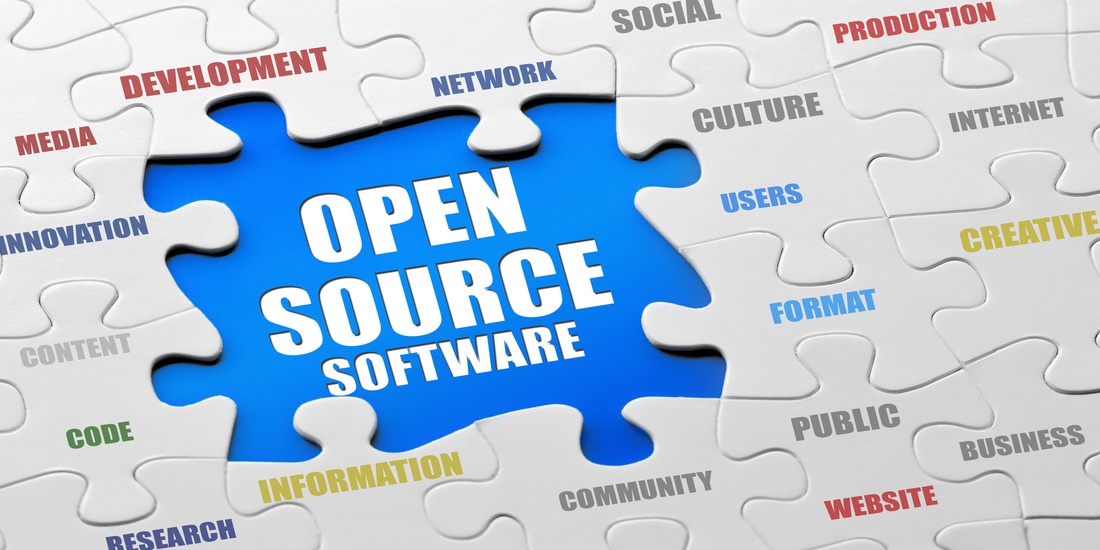Why I Recommend C# for Building Large-Scale Backend Applications - Part 1
Preface
Today's heroes in this world are only you and me. -- Cao Cao, "Romance of the Three Kingdoms"
For programmers who have been working in the IT industry for many years, if asked about the most mainstream backend programming language in China, I believe most would say Java. This isn't surprising, as Java has existed for over 30 years, has a massive user base and ecosystem, and seems to hold an absolute dominant position in the software engineering field. However, as ancient wisdom says: "Those who win the hearts of the people win the world." The programming language with the most users isn't necessarily the most beloved by developers. According to StackOverflow's 2021 survey of 82,914 developers on programming language satisfaction, only 47% liked Java, ranking it beyond 20th place, barely higher than PHP, C, and COBOL. On the other hand, we can see from the survey results that C#, often called the "knockoff Java," actually achieved 62% satisfaction among developers, 15% higher than Java. Although C#'s satisfaction still has a considerable gap compared to Rust and TypeScript, we can see that C# as an alternative programming language to Java is gradually gaining advantages in development efficiency, deployment convenience, and documentation completeness. Due to work requirements, I've used both C# and Java to develop numerous projects, giving me some understanding of their similarities, differences, advantages, and disadvantages. I believe there are good reasons why C# is more popular among developers than Java - it offers a great development experience.

Due to length constraints, the complete introduction to C# principles and practical applications (i.e., why I recommend using C# to build large-scale backend applications) will be split into a series of articles. This series will deeply analyze this "young" programming language from dimensions such as syntax features, development patterns, ecosystem, deployment and building, using the cross-platform framework .NET Core as an example to introduce how to build large-scale backend applications with C#.
This article is the first in the C# series, primarily introducing some modern syntax features of C# and how they improve development efficiency.


